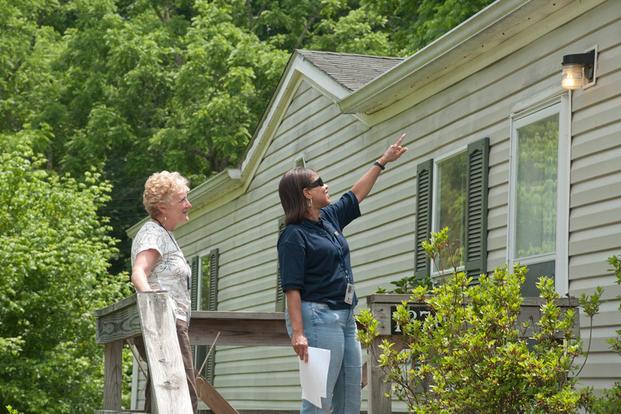VA loans have always had the lowest delinquency rate compared to any other loan program, even though the veteran comes to the closing table with zero down. The VA loan never participated in the “no down payment, no documentation” marketplace that contributed to the mortgage debacle in the 2000s. One of the reasons is because the VA didn’t allow for so-called “stated loans” or “no documentation” loans. Veterans are also a responsible breed and typically have better credit scores than some other borrowers. They’re taught early on to be responsible with their finances so as not to be worrying about bills while they’re deployed. All the while various toxic loans infected the mortgage market, the VA program stood firm.
It’s not that the VA loan is more difficult to qualify compared to other types of home loans, that’s certainly not the case. Yet it is partly due to the veteran providing certain documentation as evidence they can afford the new mortgage payment. You will be asked to provide your most recent pay check stubs covering a 30 day period along with W2 forms from the past two years. If you’re self-employed you can expect to provide copies of your two most recent federal income tax returns along with a year-to-date profit and loss statement. The lender will also ask you sign an IRS form 4506-T which authorizes the lender to obtain tax transcripts directly from the IRS to compare the income information from your W2 forms or federal returns.
There are also closing costs to consider. While the VA does restrict the type of closing costs the veteran is allowed to pay there are other services needed from third parties to complete your loan application and receive an approval. When you buy a home you’ll need an appraisal. Other settlement costs include credit report fees, origination charges, title work, recording and survey fees. To verify you have sufficient funds to close you’ll provide recent copies of bank or investment statements for accounts you own showing how much you’ll need to close. If the seller is paying for some or all of your closing costs, it must be listed on the sales contract. If the lender offers a credit, it should appear on the settlement statement.




